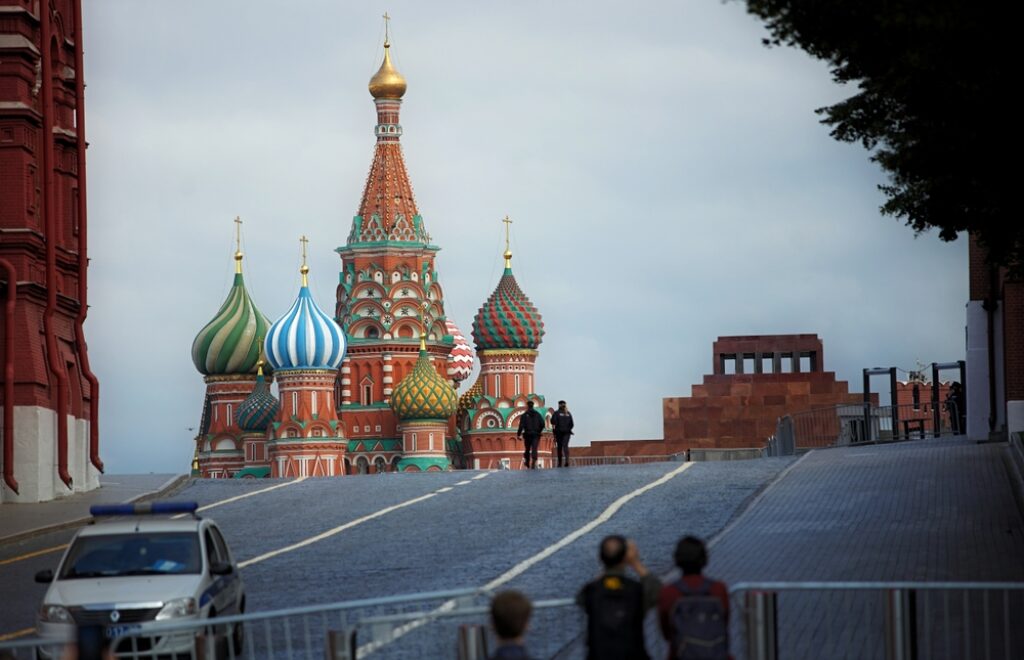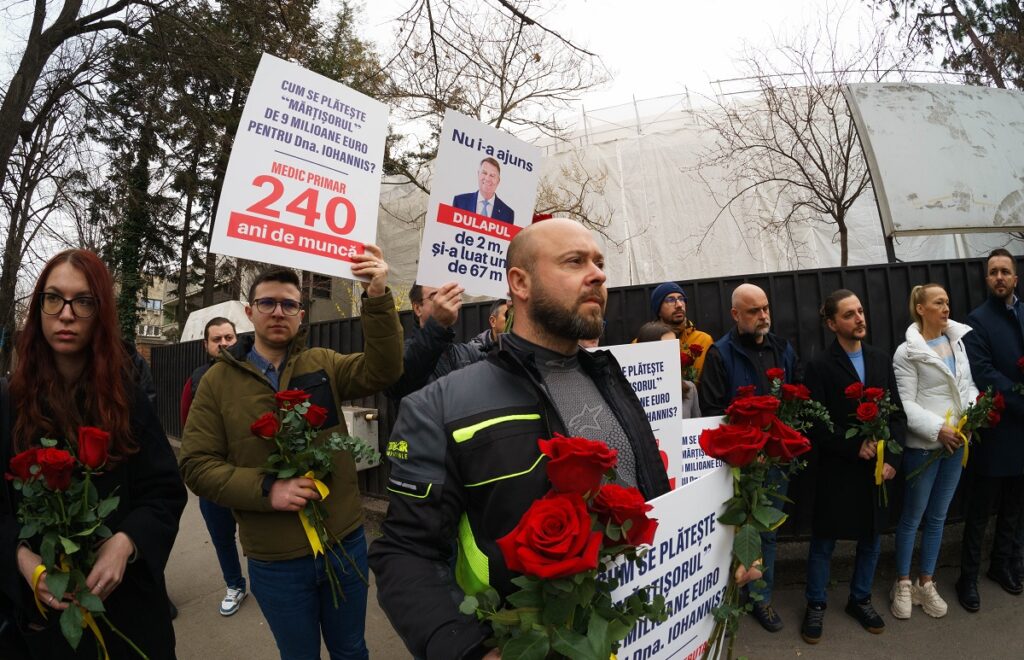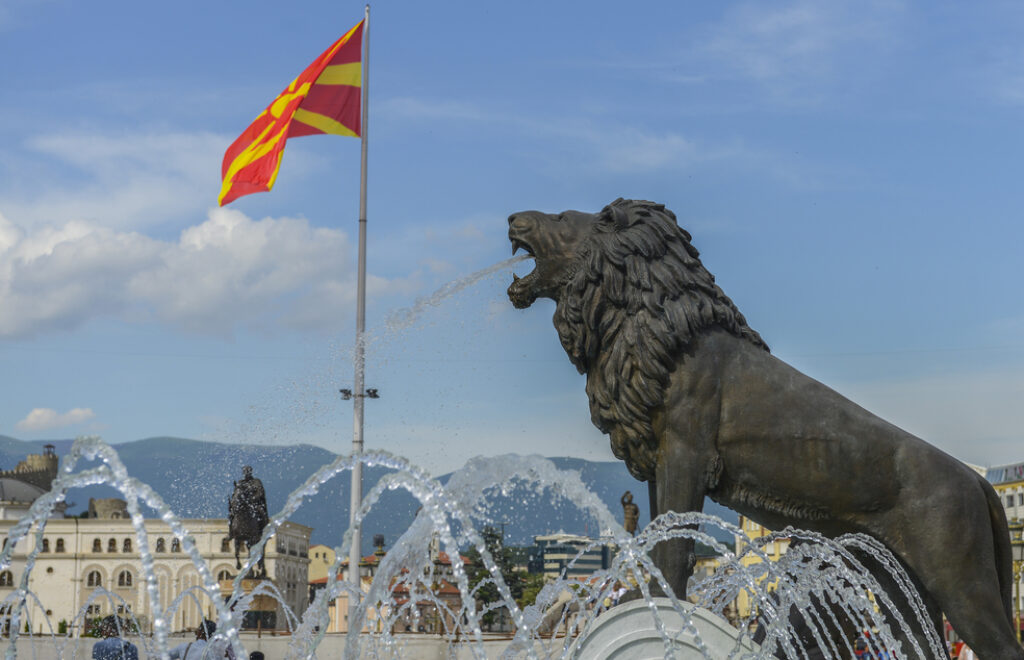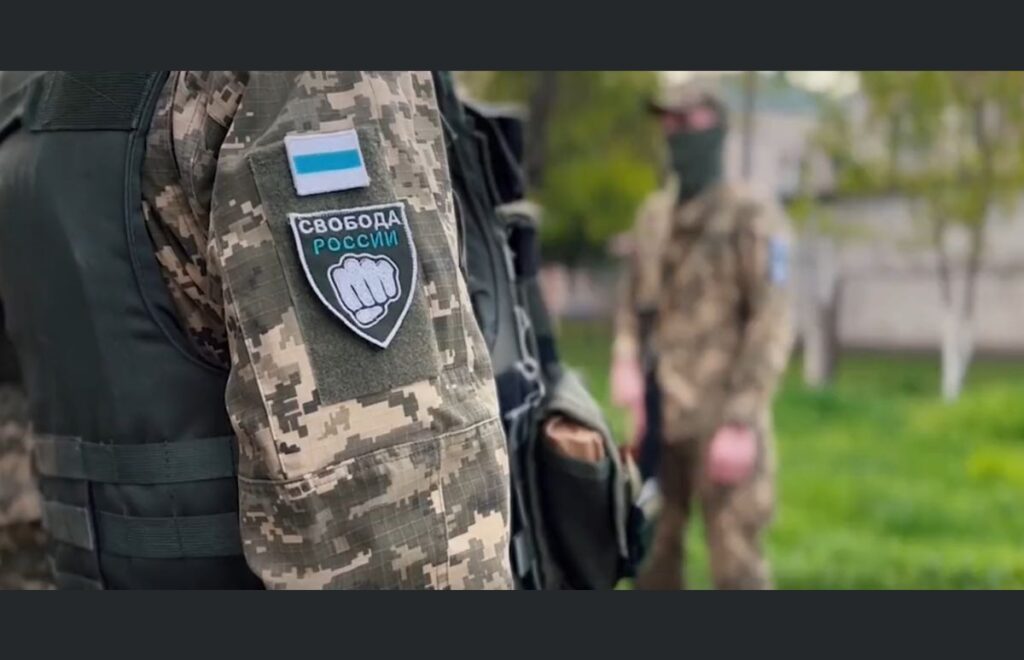Another Russia is possible
On an alcohol-fuelled Zoom catch up, my friends and I put the world to rights. The usual suspects came up: sports, holidays, our kids, women and politics. Before we knew it, the conversation turned to the elephant in the room: the war. Eyebrows were raised, deep breaths exhaled and shoulders shrugged. A couple of heads were scratched. What more can we say? How much guilt should we feel for something we did not personally choose, support or want? We abruptly moved on, but exactly one week later Russian forces recaptured Avdiivka. They had the wind in their backs.
April 11, 2024 - Jesse Sokolov













































